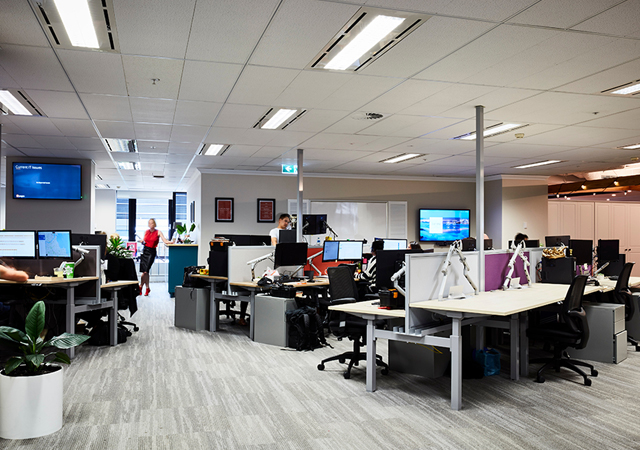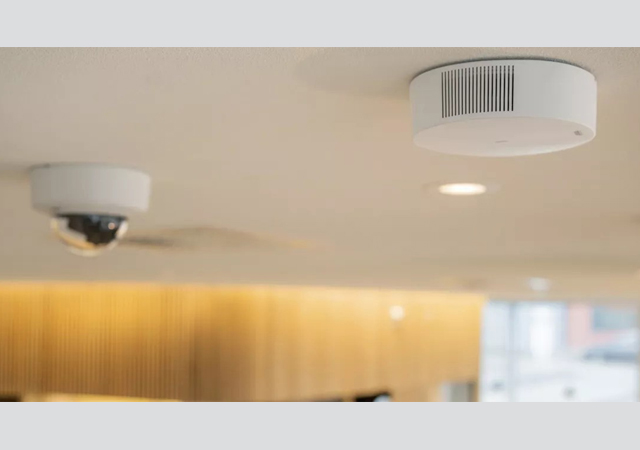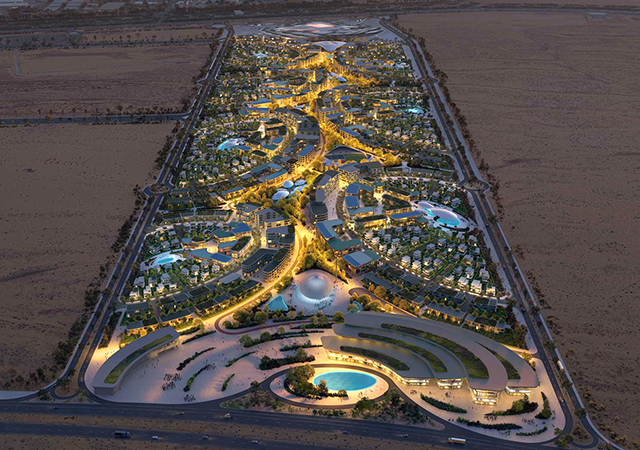
 Dr Al Assafi ... strong demand.
Dr Al Assafi ... strong demand.
NEW Zealand-based Pultron Composites is opening a facility in Dubai to cater to the Middle East and North Africa (Mena) region and Europe.
“Construction work on the facility has been completed,” says Dr Salwan Al Assafi, general manager, Pultron Composites Middle East. “We are waiting for the machinery to arrive and hope to start production by March-April.”
Specialising in the development and manufacture of high-performance fibre-reinforced plastic (FRP) composite rebar, Pultron is located in Jebel Ali Free Zone and manufactures different fibreglass profiles and structural profiles. The Dubai facility will manufacture fibreglass rebar for concrete reinforcements.
With the new facility, the first of its kind in the Mena region, Pultron says it is well placed to offer superior products with short lead times to a wide range of clients in the region.
“We expect huge interest in the region with a number of marine and infrastructure projects in the pipeline,” says Dr Al Assafi.
He continues: “Pultron has witnessed strong demand from the region and has already supplied the product to a number of projects in the Gulf. The product has been developed specifically to meet the needs of engineers working in environments beyond the abilities of traditional steel reinforcement.
“Traded as MateenBar, the main advantage of our FRP composite rebar is that they are corrosion resistant and have tensile strength twice than that of steel. This makes it ideal for applications where minimal concrete coverage may be required since its corrosion resistance eliminates leeching of rust stains which otherwise ruin the surface aesthetics.”
“MateenBars are cost-effective compared to stainless steel in corrosive environments. Cost savings of around 40 per cent on reinforcement can be expected by specifying MateenBar,” Dr Al Assafi adds.
The product is non-conductive and can be used as a replacement for steel rebar in applications where electrical conductivity of steel can cause a safety risk such as in aluminium smelters, Dr Al Assafi says, adding that MateenBars have been supplied to Emirates Aluminium (Emal) project in Abu Dhabi.
“The bars are non-magnetic so can be used close to magnetic apparatus such as in hospital MRI rooms. They also has low thermal conductivity and can be used to create more energy-efficient structures,” he says.
“The bars are also cutable and can be used in the construction of soft-eyes for tunnels,” says Peter Renshaw, technical sales manager, adding that the company is currently supplying the products for a large tunnel in Saudi Arabia.
Commenting on the regional market, Dr Al Assafi says: “We are seeing signs of recovery. We are getting a lot of inquiries and are trying to secure a good number of projects.”






.jpg)









.jpg)




































.jpg)







